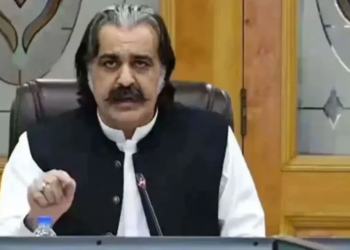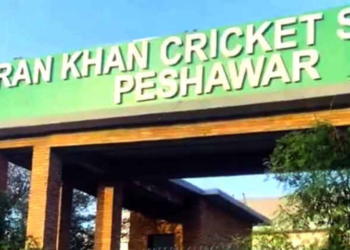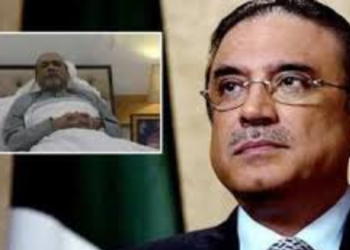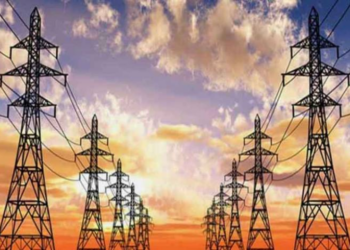Islamabad, January 5, 2025: Pakistan Peoples Party (PPP) leader Shazia Marri has issued a stern warning to the Pakistan Muslim League-Nawaz (PML-N)-led federal government, suggesting that the coalition may face collapse if PPP withdraws its support. She criticized the government for bypassing PPP on critical decisions, including the recent establishment of the Pakistan Maritime and Shipping Port Authority, without consulting its coalition partner.
Marri expressed frustration over the lack of communication, stating that the Sindh government and PPP were kept in the dark about the creation of the authority. “The federal government remains in power only because of PPP’s support. If we withdraw, it will fall,” she declared.
Highlighting a longstanding demand, Marri accused the Prime Minister of violating the constitution by failing to convene the Council of Common Interests (CCI), which is legally required to meet every three months. She pointed out that despite repeated requests, the CCI has not convened in the past eleven months. She urged the government to bring the matter of the Maritime and Shipping Port Authority to the CCI, emphasizing the need for consultation with allied parties and provincial governments before making significant decisions.
Marri warned that continued disregard for constitutional principles and exclusion of allies from decision-making could lead to greater divisions and instability in the coalition. She urged the federal government to adhere to constitutional and legal frameworks when addressing key national matters.
Separately, Sardar Saleem Haider Khan, Punjab’s governor and a PPP member, echoed concerns about the alliance’s impact on PPP’s political standing. He acknowledged that the PML-N and PPP alliance has weakened PPP’s support base in Punjab, once its political stronghold. Khan remarked, “The alliance initially harmed PPP, but now it’s PML-N’s turn to face the political consequences.”
Khan assumed office as part of a power-sharing agreement between PPP and PML-N following the February 8 general elections. Under the deal, PPP was given key constitutional positions, including the presidency, governorships of Punjab and Khyber Pakhtunkhwa, and the Senate chairmanship, in exchange for supporting the PML-N-led coalition government at the Centre.
Historically, PPP and PML-N were fierce rivals, especially in Punjab, where PML-N had dominated after wresting control from PPP. However, the political landscape shifted with the rise of the Pakistan Tehreek-e-Insaf (PTI), leading many anti-PML-N voters in Punjab to gravitate towards PTI after PPP’s alliance with PML-N.
Observers note that disillusionment among voters may deepen if tensions within the coalition escalate, potentially altering the country’s political dynamics ahead of future elections.








